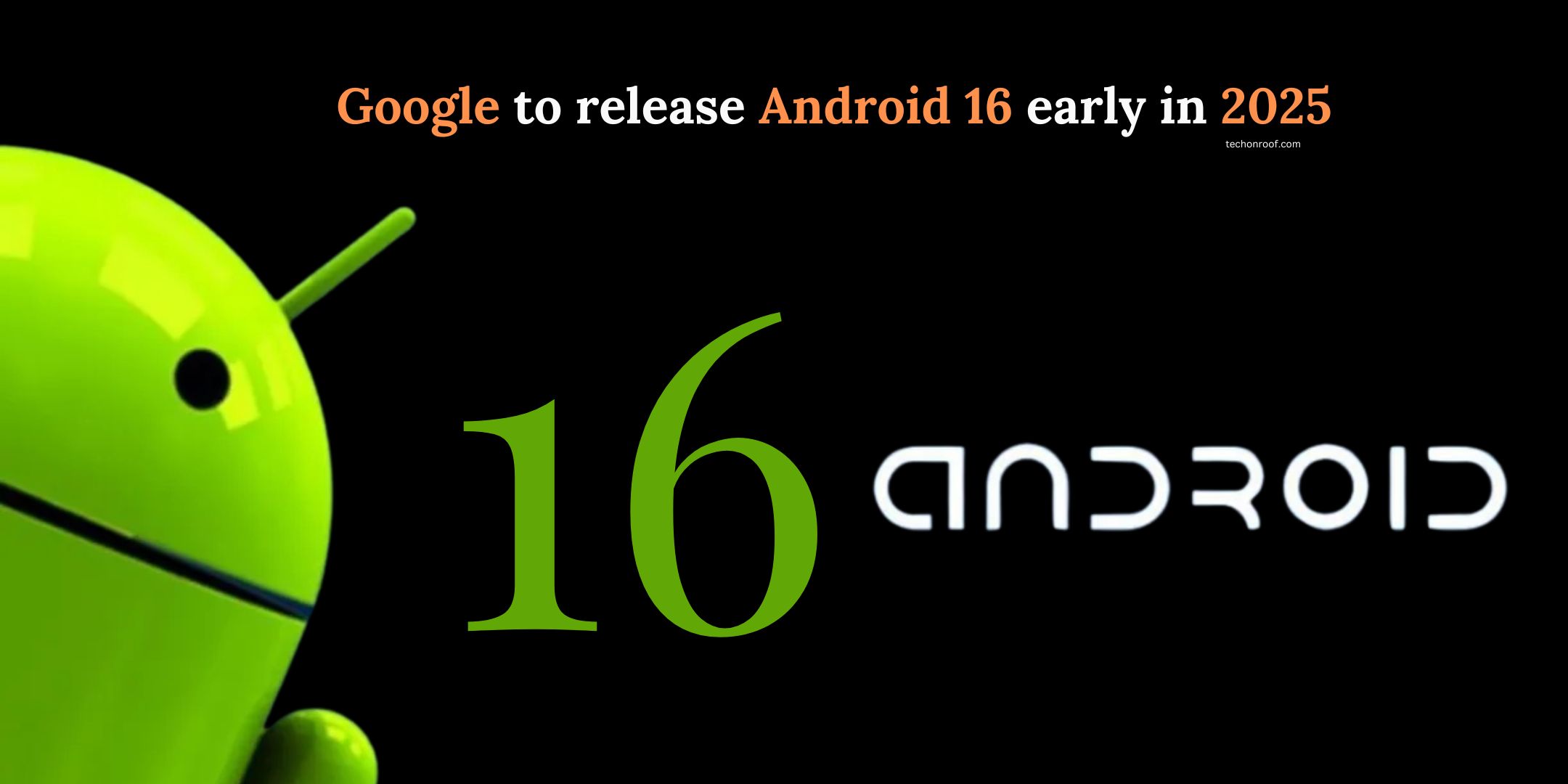Google to release Android 16 which is expected to launch in early 2025, following a change of plans for Google, which has been on a typical fall release cycle. It is scheduled for Q2 instead of Q3 and coincides with a recent report from Android Authority. The update is codenamed “Baklava” and it aims to align better with the timelines for device launches so that more devices can get on the latest version in no time.
Read Also: We just benchmarked the Snapdragon 8 Elite — the iPhone 16 Pro is officially on notice
Google describes that transition as a way toward “better alignment with the schedule of device launches throughout our ecosystem, so that more devices can get this major release of Android faster.” In Android 16, users will see new Play Store upgrades, including apps that will mirror current games’ suggestions. In addition, Google plans to bring enhanced Gemini AI tools to Android Studio to help more developers write, refactor, or document code smarter.
Read Also: Samsung Leaks Huge Galaxy S25 Update—Now Just 2 Weeks Away
This new release schedule answers a long-standing gap in the Android ecosystem, one in which third-party devices tend to receive only a months-long delay after said release. Pixel devices have already received the latest version of Android first, and such an earlier release will hopefully cut the time difference for other brands to obtain the latest version. In so doing, it will possibly allow manufacturers to create new devices with the latest features of Android instead of having to wait for that to happen through an update that would bring them such things as “Circle to Search.“
Read Also: Samsung teases XR hardware for 2025 – we think it’ll be AR glasses, and here’s why
Under this new plan, Google will roll out a significant Android update in Q2, while a minor SDK update will be rolled out in Q4. The Q4 update will be more similar to the regular quarterly updates that introduce new features but do not make any large system changes. Moving up compatibility testing might also ensure that more apps support fresh features—like ongoing notifications, similar to iPhone’s Live Activities—shortly after the update, making Android more cohesive and timely for users.





